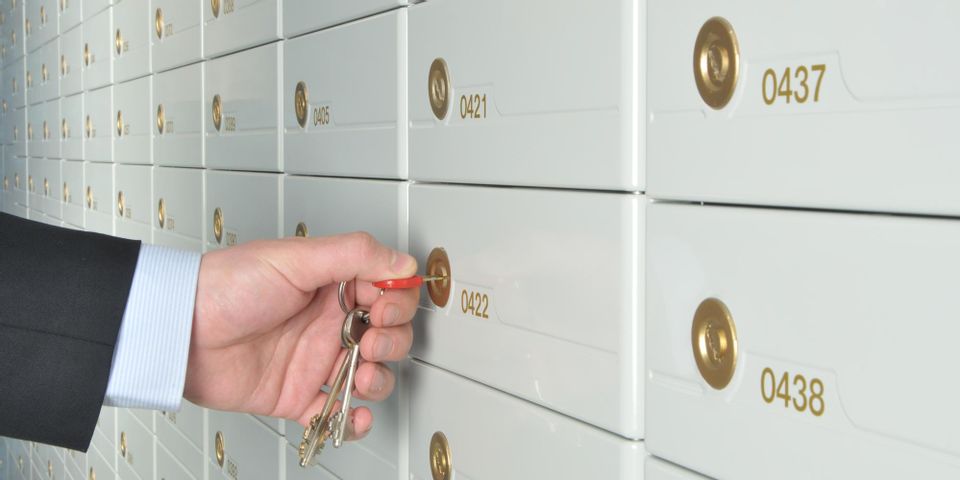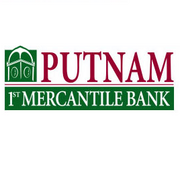
When you own a business, daily cash flow is a vital step in your operations, but making several check deposits, especially for smaller transactions, can be overwhelming. That is why lockbox banking is a great option. Consider the guide below.
What Is Lockbox Banking?
When you set up lockbox services, the bank creates a post office box for your account where customers can send their payments. The location receives all payments, and the bank collects and enters the information for each check into your records. Funds are then deposited, and businesses can have images of the checking documents or a data transmission sent to accounting programs.
Lockbox banking can handle either a high volume of low dollar amount checks or high-value transactions between businesses. Many banks also offer customization if your company is somewhere in between.
Lockboxes are set in a centralized location so that mail delivery and drop-offs are easy. All payments are safe inside until they are processed. Bank personnel will have a regular schedule for collecting and totaling what is in the box.
Batches are processed manually, or they may use computer systems to scan, capture, and process the payments automatically. This is best for companies with a high volume of checks each day. Processed payments are then posted on a secure website where they can be accessed by bank personnel for fund transfer to accounts receivable.
What Are the Benefits?
 There is less lag time between sorting through mail and applying each payment for deposit manually. Delays in receiving payments, going to the bank, and making the deposit are eliminated.
There is less lag time between sorting through mail and applying each payment for deposit manually. Delays in receiving payments, going to the bank, and making the deposit are eliminated.
The accounts receivable’s process is streamlined and more accurate since information is sent directly into accounting systems. Payments are recorded in a timely fashion, and because there is no delay in deposits and seeing which payments came in, you can better handle the cash flow.
Businesses can have different lockbox locations if customers are in various regions, which reduces mail float, or the time it takes for a check to be sent by a customer to pay for services. Instead of customers from all over sending mail to your business address, their checks will be delivered and processed closer to them.
Mail float can usually lead to issues with check clearing. By the time the process is complete, the funds in the account may no longer be there, which is a hassle for you to recoup. Less time in the mail means less risk on payments.
If you are interested in adding lockbox banking for your business, contact Putnam 1st Mercantile Bank. Located in Cookeville, TN, this local bank offers its customers everything from checking accounts to commercial loans. Their online banking and top-notch customer care make them a convenient option for individuals and businesses. Call (931) 528-6372 to speak with a banker or visit them online for more on their deposit services.
About the Business
Have a question? Ask the experts!
Send your question

